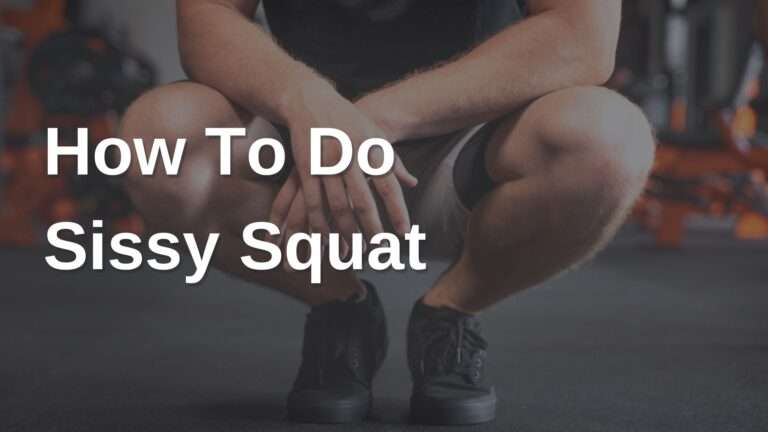Ego Lifting: What It Is and Why It Can Be Dangerous

Ego Lifting is commonly used to describe a detrimental practice where individuals prioritize lifting heavy weights to impress others rather than focusing on proper form and technique. While lifting heavy can be a part of a well-structured strength training program, ego lifting often leads to a range of issues that can hinder progress and increase the risk of injury.
What Is Ego Lifting?
When someone tries to lift weights that are excessively heavy for their current strength level or performs a lift with improper form to show off their alleged strength, this is known as ego lifting. Usually, the motivation behind doing so is a desire to feel good about yourself or to impress other people in the gym. Ego lifters usually compromise safety and effectiveness because of speed and efficiency, which results in poor training results.
Why Does Ego Lifting Happen?
The following situations increase the chances of ego lifting:
Peer Pressure and Gym Culture
There is sometimes hidden competition among members in gym environments. Seeing others lift heavy weights might put pressure on oneself to perform as well as or better than them, which can result in ego-driven choices.
Social Media Influence
The rise of fitness influencers and social media platforms has amplified the focus on lifting heavy weights. People often post videos of their impressive lifts, which can make others want to try them without thinking about their own limits.
Lack of Knowledge
Some individuals simply lack the understanding of proper lifting techniques and the importance of progressive overload. Without this knowledge, they might assume that lifting heavier is always better.
Insecurity
Personal insecurities can drive individuals to ego lift. They might feel the need to prove their strength to others or themselves, leading to poor judgment in weight selection.
What Are the Risks of Ego Lifting?
Ego lifting can have several negative consequences, including:
Injury
One of the most significant dangers of ego lifting is the increased risk of injury. Lifting weights that are too heavy or using improper form places unnecessary stress on muscles, joints, and ligaments. Common injuries include muscle strains, ligament sprains, herniated discs, and tendon tears.
Slow Progress
Focusing on lifting heavy weights instead of using the right form can stop your progress in building strength and muscles. Without the proper technique, the muscles you want to work might not be used properly, which can limit your growth and strength.
Poor Form and Habits
Consistently lifting with poor form can create bad habits that are difficult to break. These habits not only increase the risk of injury but also make it challenging to achieve long-term fitness goals.
Mental Setbacks
Injuries and stopped progress can cause frustration and lower motivation. This might lead to longer recovery times, missing workouts, and a drop in overall fitness.
How to Avoid Ego Lifting
Avoiding the risks of ego lifting is important for effective and successful strength training. Here are some tips:
Focus on Form
Focus on learning the right lifting techniques before adding more weight. Consider getting help from a certified trainer to make sure your form is correct.
Mind-Muscle Connection
Pay attention to how your muscles feel while exercising. This connection helps ensure you’re using the right muscles and can improve the effectiveness of your workouts.
Progress Gradually
Use the principle of progressive overload by gradually increasing the weight, reps, or sets over time. This helps build strength and muscle safely.
Set Realistic Goals
Set fitness goals that are possible and realistic for your current abilities. Don’t compare yourself to others, whether in the gym or online.
Listen to Your Body
Pay attention to how your body responds to different weights and exercises. If something feels wrong or causes pain, it’s crucial to stop and reassess your approach.
Educate Yourself
Continuously educate yourself about strength training principles and techniques. Knowledge is a powerful tool in avoiding ego lifting.
Conclusion
Ego lifting is when people lift heavy weights just to show off, ignoring the right form and technique. It might feel good for a short time, but it can seriously harm your body and slow down your progress. To avoid problems, focus on proper form, increase weights slowly, set realistic goals, listen to your body, and learn about strength training. True strength comes from knowledge, patience, and discipline.






